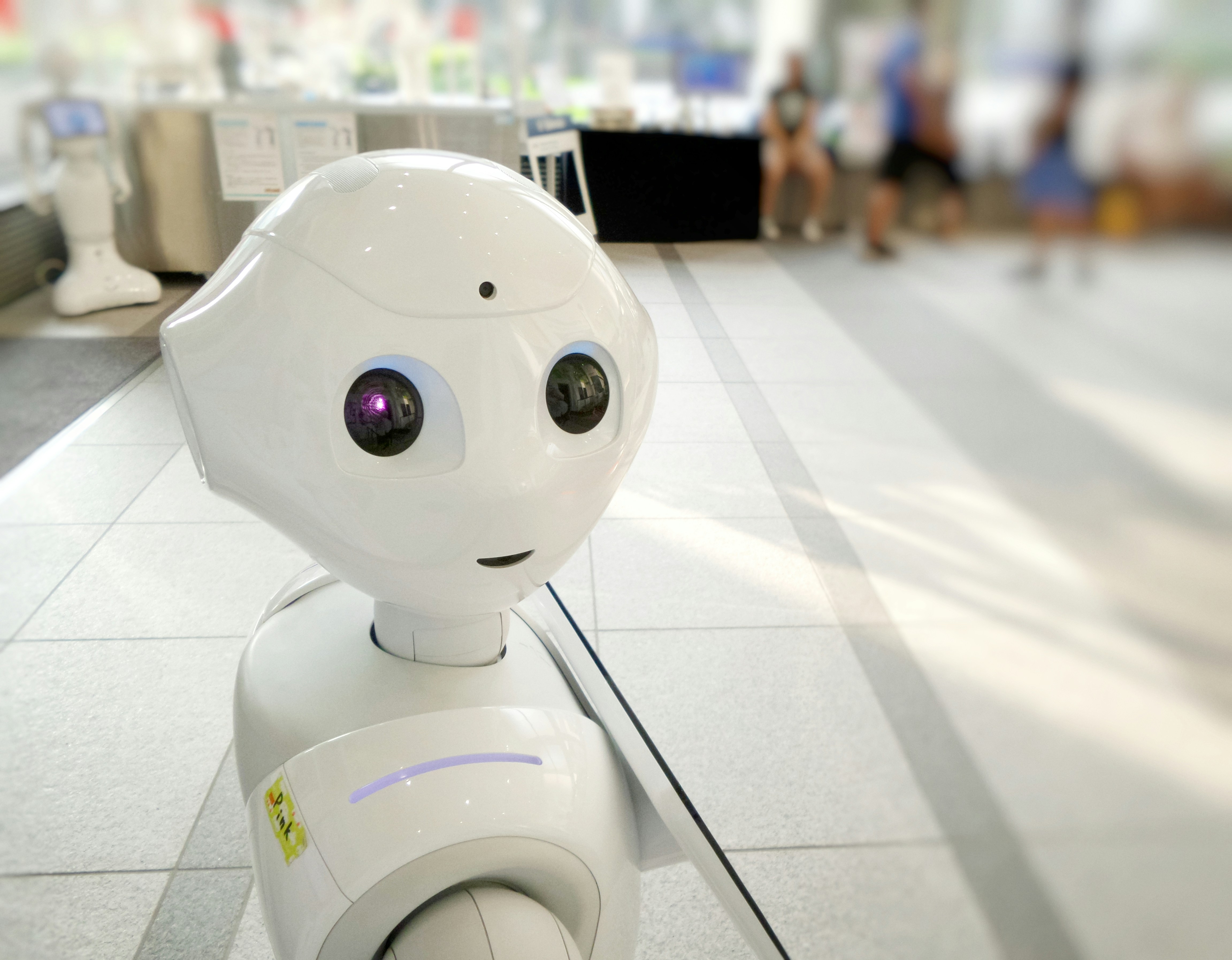Artificial Intelligence (AI) and Business Automation are revolutionizing the way companies operate, enabling tasks to be performed by machines in a more efficient and cost-effective manner.
- Definition of AI and Business Automation: AI refers to the simulation of human intelligence processes by machines, while Business Automation involves using technology to streamline and automate tasks within an organization.
- How AI and Automation have evolved: From rule-based systems to advanced machine learning algorithms, AI and Automation have come a long way in understanding complex patterns, making decisions, and executing tasks autonomously.
- Benefits of incorporating AI into business processes: Increased efficiency, cost savings, improved accuracy, scalability, and the ability to focus on high-value tasks are some of the major benefits of integrating AI into business operations.
- Challenges of implementing AI and Automation: Challenges such as data privacy concerns, integration with existing systems, resistance to change, and the need for specialized skills are common when implementing AI and Automation in a business setting.
Pro Tip: When implementing AI and Automation, start with small pilot projects to demonstrate the benefits and gain buy-in from stakeholders. This approach can help in gradually scaling up automation across the organization.
AI Trends in Business
Various AI trends are shaping the way businesses operate today, offering innovative solutions to enhance productivity and decision-making processes.
- Machine Learning: Machine learning algorithms enable systems to learn from data, identify patterns, and make predictions without being explicitly programmed.
- Natural Language Processing: NLP allows machines to understand and generate human language, facilitating communication with users and extracting valuable insights from text data.
- Robotic Process Automation: RPA automates repetitive tasks by mimicking human actions, freeing up employees to focus on more strategic responsibilities.
- Personalization and Recommendation Systems: AI-powered systems analyze user data to provide personalized recommendations, enhancing customer experience and increasing engagement.
- AI-powered Analytics: Advanced analytics powered by AI help businesses in extracting meaningful insights from vast amounts of data, enabling data-driven decision-making.
Pro Tip: Stay updated on the latest AI trends in your industry by attending conferences, webinars, and networking events. Understanding emerging technologies can give your business a competitive edge.
Key Industries Utilizing AI
AI is being adopted across various industries, transforming operations and driving innovation in sectors such as healthcare, retail, finance, manufacturing, and marketing.
- Healthcare: AI is revolutionizing diagnosis, treatment planning, and patient care through predictive analytics and personalized medicine.
- Retail: Retailers are leveraging AI for inventory management, demand forecasting, personalized marketing, and enhancing the shopping experience through chatbots and virtual assistants.
- Finance: AI is used in fraud detection, risk assessment, algorithmic trading, and customer service to improve operational efficiency and enhance decision-making in financial institutions.
- Manufacturing: AI-enabled predictive maintenance, quality control, supply chain optimization, and autonomous robots are optimizing production processes and reducing downtime in manufacturing facilities.
- Marketing and Advertising: AI is driving targeted advertising, customer segmentation, content personalization, and campaign optimization, leading to higher conversion rates and ROI for marketers.
Pro Tip: Collaborate with industry experts and AI solution providers to understand how AI is being applied in your specific sector. Tailoring AI solutions to meet industry-specific challenges can lead to significant productivity gains and competitive advantage.
Implementing AI and Automation in Your Business
Integrating AI and Automation into your business processes requires careful planning, strategy, and execution to maximize productivity and ROI.
- Identifying areas for automation: Conduct a thorough assessment of your business operations to identify repetitive, manual tasks that can be automated to free up resources and improve efficiency.
- Choosing the right AI tools and technologies: Select AI solutions that align with your business objectives, scalability requirements, and integration capabilities, ensuring seamless implementation and optimal performance.
- Training employees on AI and Automation: Invest in training programs to upskill employees and ensure they can effectively leverage AI tools and systems.
Pro Tip: Collaborate with AI experts and consultants to develop a customized AI strategy tailored to your business objectives and operational requirements.
Challenges and Risks of Implementing AI in Business
While AI offers numerous benefits, implementing AI in business automation comes with challenges and risks:
- Data privacy and security concerns: Protecting sensitive data and ensuring compliance with regulations are critical considerations when implementing AI solutions.
- Integration issues with existing systems: Compatibility issues with legacy systems and software can hinder the seamless integration of AI technology.
- Skill gaps within the organization: Training employees to effectively use AI tools and platforms may require time and resources to bridge existing skill gaps.
- Ethical considerations in AI implementation: Ensuring AI systems operate ethically and transparently to avoid biases or unintended consequences is essential for responsible AI adoption.
Pro Tip: Establish clear guidelines and protocols for data security, ethical AI usage, and ongoing training to address and mitigate the challenges associated with AI implementation.

Recent Comments